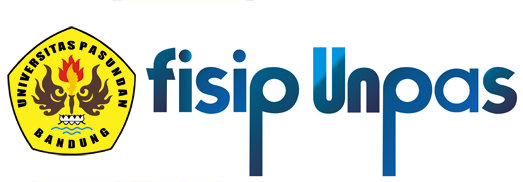Understanding the Movement of Suku Anak Dalam Bathin Sembilan Against Land Conflict with PT. Asiatic Persada in Jambi Through Social Movement Theory
DOI:
https://doi.org/10.23969/transborders.v2i1.859Keywords:
Land Conflict, Social Movement Theory, Suku Anak Dalam Bathin Sembilan, PT. Asiatic PersadaAbstract
The land conflict between Suku Anak Dalam Bathin Sembilan and PT. Asiatic Persada had occurred since 1987. This conflict occurred because of PT. Asiatic Persada has occupied 3.550 hectares of Suku Anak Dalam Bathin Sembilan’s land. This paper will analyze how the movement of Suku Anak Dalam Bathin Sembilan who lived in Bungku Village, Batanghari, Jambi to struggle their land. This study uses the social movement theory that explains three phases of movements, such as the interest phase, the protest phase, and perspective phase. The author uses a qualitative method and the data are taken from interviews and literature study. This study found that the beginning movement of Suku Anak Dalam Bathin Sembilan was very intense with the support of local and international Non-Governmental organizations, then the movement built a sustainable strategy in the protest phase. Unfortunately, that strong movement has split into two in the perspective phase.
Downloads
Downloads
Published
Issue
Section
License

TransBorders: International Relations Journal is licensed under a Creative Commons Attribution-ShareAlike 4.0 International License
In order to be accepted and published by TransBorders: International Relations Journal, authors submitting the article manuscript should complete all the review stages. By submitting the manuscript, the author(s) agreed to the following terms:
- The copyright of received articles shall be assigned to TransBorders: International Relations Journal as the publisher of the journal. The intended copyright includes the right to publish articles in various forms (including reprints). TransBorders: International Relations Journal retains the publishing rights to the articles it publishes.
- Authors are permitted to disseminate a published article by sharing the link/DOI of the article at TransBorders: International Relations Journal. Authors are allowed to use their articles for any legal purposes deemed necessary without written permission from TransBorders: International Relations Journal, with an acknowledgement of initial publication to this journal.
- Users/public use of this website will be licensed to CC BY-SA (Attribution & ShareAlike).
















